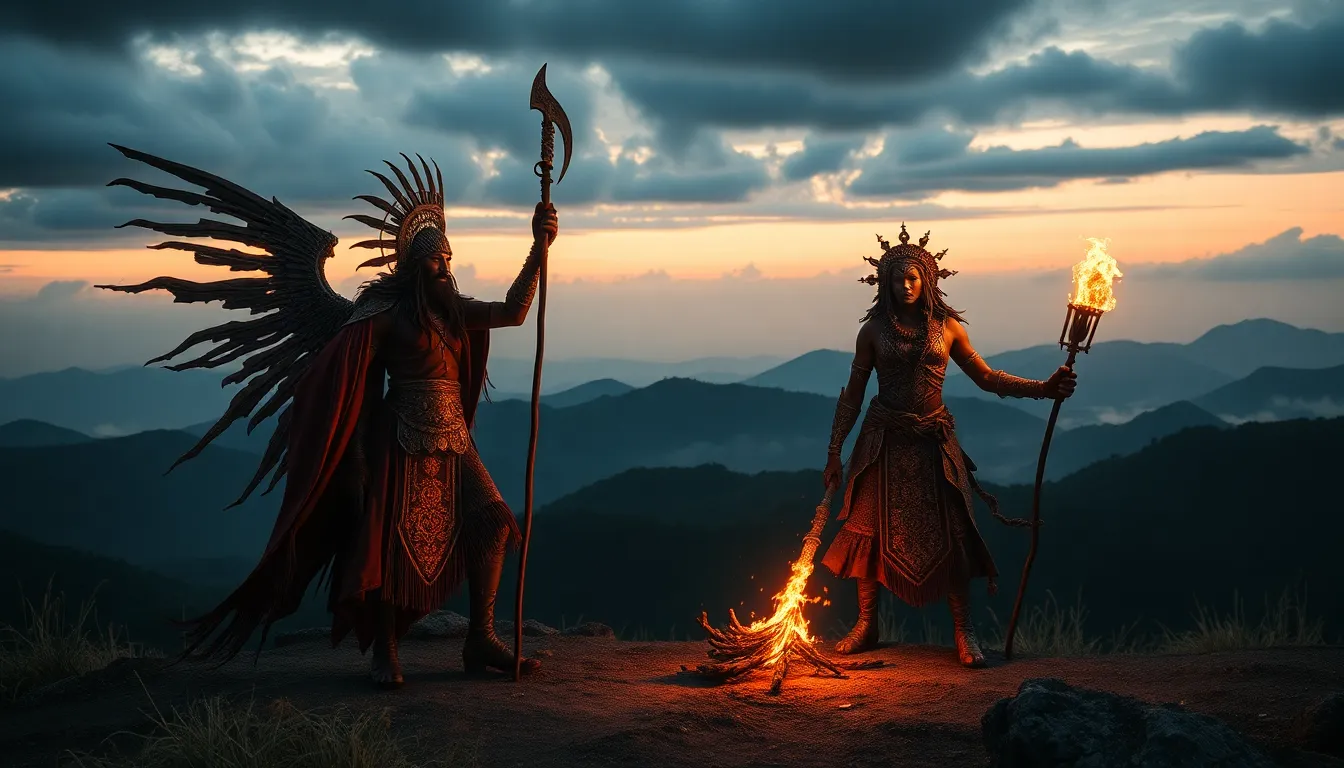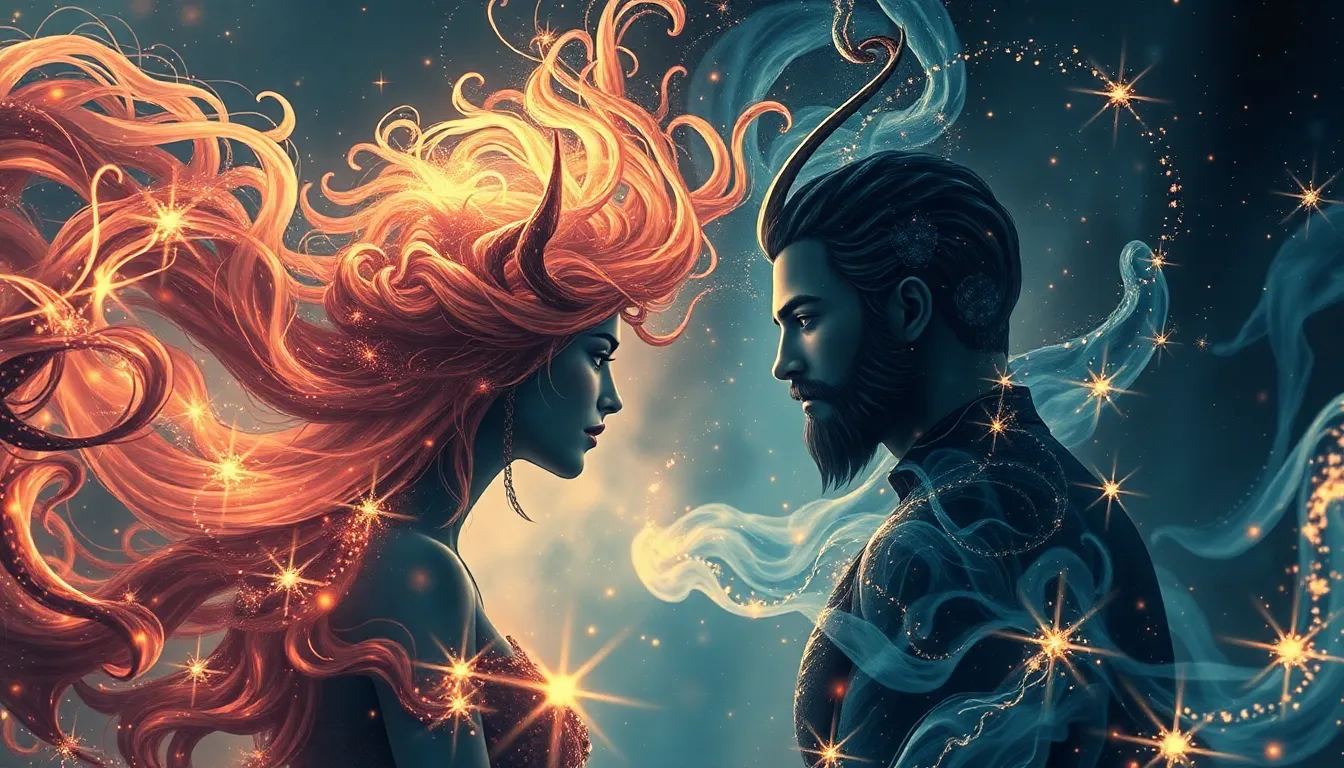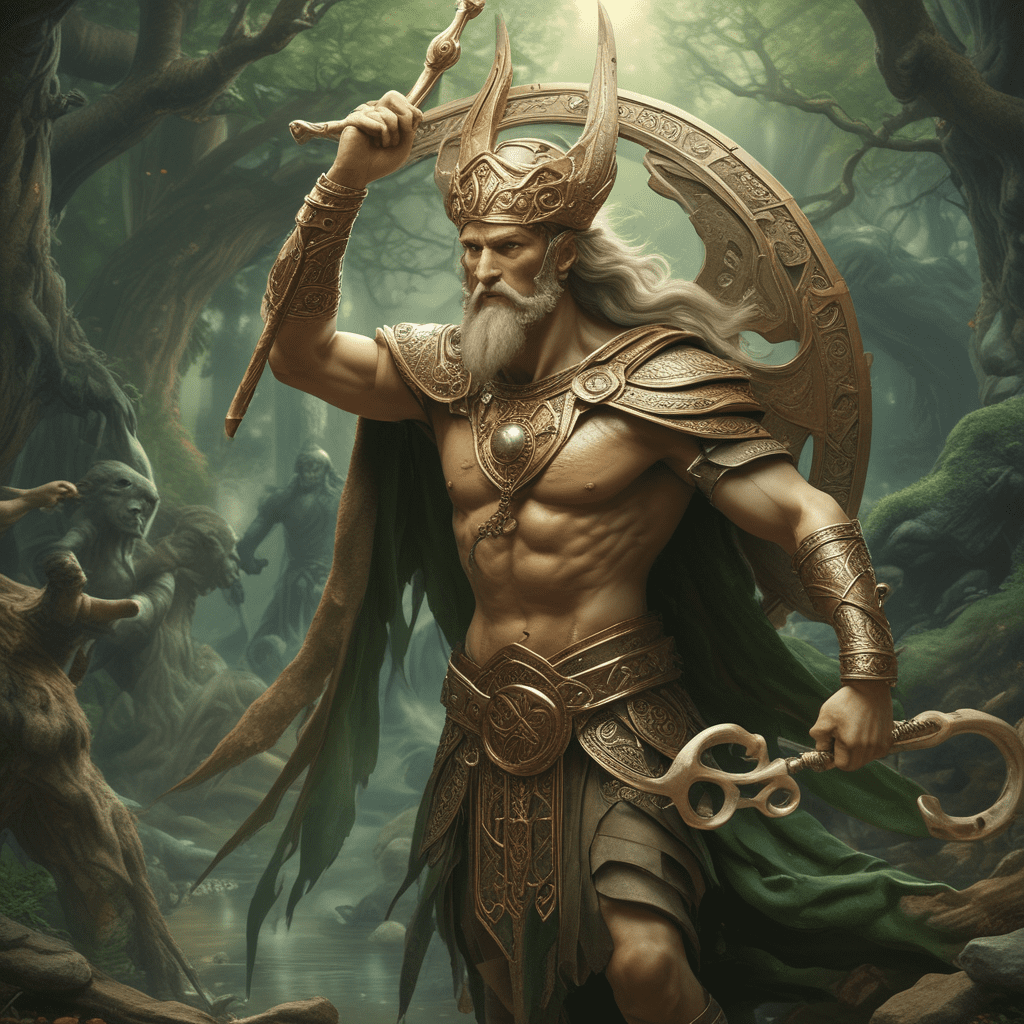Cultural Heroes: Myths That Inspire Change and Progress
Introduction to Cultural Heroes
Cultural heroes are figures that embody the values, aspirations, and dreams of a society. They often emerge from narratives that resonate deeply within a community, serving as symbols of hope and inspiration. These heroes can take many forms, from historical figures to mythical characters, and their significance lies in their ability to shape perceptions, motivate action, and galvanize change.
Myths, in this context, are powerful storytelling tools that help define cultural heroes. They provide a framework through which societies can understand their struggles, celebrate their achievements, and inspire future generations. Myths not only reflect the values of a culture but also serve as a blueprint for the kind of heroism that is admired and aspired to within that culture.
The Role of Myths in Defining Cultural Heroes
Myths are narrative forms that encapsulate the beliefs and values of a culture. They often feature larger-than-life characters and dramatic events that convey moral lessons or cultural ideals. The role of myths in defining cultural heroes is multifaceted:
- Archetypes: Myths create archetypes that embody specific traits of heroism, such as bravery, selflessness, and resilience.
- Cultural Reflection: They reflect the struggles and triumphs of a society, offering a lens through which individuals can view their own lives.
- Inspiration: By showcasing the challenges faced by heroes, myths inspire individuals to emulate these figures and strive for greatness.
Across cultures, these archetypes can take many forms, from the warrior to the wise sage, each embodying different aspects of heroism that resonate with the values of that society.
Historical Context: Cultural Heroes Through the Ages
Cultural heroes have emerged from various historical contexts, shaped by the events and circumstances of their times. From ancient civilizations to modern societies, notable figures have risen to prominence, often in response to significant challenges. For example:
- Ancient Greece: Figures like Hercules and Achilles represented physical strength and valor in battle, reflecting the values of Greek society.
- The Renaissance: Thinkers like Leonardo da Vinci and Michelangelo became heroes of creativity and innovation during a time of cultural rebirth.
- Modern Era: Leaders like Martin Luther King Jr. and Rosa Parks emerged as heroes in the fight for civil rights, embodying the struggle for justice and equality.
The impact of historical events on the emergence of cultural heroes is profound, as these figures often arise in times of crisis, providing hope and direction for their communities.
Case Studies: Cultural Heroes from Diverse Cultures
To illustrate the concept of cultural heroes, we can examine the stories of three prominent figures: Mahatma Gandhi, Nelson Mandela, and Malala Yousafzai.
- Mahatma Gandhi: Gandhi’s philosophy of nonviolent resistance inspired millions in India and around the world. His commitment to peace and justice made him a symbol of resistance against oppression.
- Nelson Mandela: Mandela’s struggle against apartheid in South Africa and his emphasis on reconciliation rather than revenge made him a global icon of peace and perseverance.
- Malala Yousafzai: As a young advocate for girls’ education, Malala’s bravery in the face of violence has inspired a new generation to fight for their rights and the rights of others.
Each of these figures resonates deeply within their cultures, transcending geographical boundaries to inspire global movements for change.
The Psychological Impact of Cultural Heroes
Cultural heroes play a critical role in shaping the psychological landscape of individuals and communities. The myths surrounding these figures can have profound effects:
- Resilience: Hero myths inspire individuals to overcome adversity, fostering a sense of resilience in the face of challenges.
- Hope: The stories of heroes provide hope, encouraging people to believe in the possibility of change and a better future.
- Identity: Cultural heroes can help individuals forge their identities, aligning their personal values with those of the hero.
Through their narratives, cultural heroes foster a sense of belonging and purpose, motivating individuals to strive for their own heroic deeds.
Cultural Heroes in Modern Media
The portrayal of cultural heroes in contemporary media has evolved significantly. Films, literature, and social media platforms have become powerful tools for disseminating hero narratives:
- Film: Movies often dramatize the lives of cultural heroes, making their stories accessible to wider audiences and enhancing their mythic qualities.
- Literature: Books continue to explore the complexities of heroism, providing nuanced portrayals that highlight both strengths and flaws.
- Social Media: Platforms like Twitter and Instagram allow for the rapid sharing of hero stories, enabling grassroots movements to gain momentum.
These modern narratives help to redefine heroism for new generations, often emphasizing collective action and community involvement.
The Challenges of Hero Worship
While cultural heroes can inspire and motivate, idolizing them can lead to challenges. It is important to balance admiration with critical analysis:
- Flaws and Mistakes: Heroes are human and can make mistakes; recognizing this can lead to more realistic expectations.
- Overshadowing Others: Focusing too heavily on a single hero can overshadow the contributions of many unsung heroes.
- Idealization: Hero worship can lead to unrealistic standards that may discourage individuals from taking action if they feel they cannot measure up.
Understanding the complexities of heroism allows for a more nuanced appreciation of cultural heroes.
Cultural Heroes and Social Movements
The connection between cultural heroes and social movements is profound. Hero myths often galvanize grassroots activism by providing a shared narrative that inspires collective action:
- Mobilization: Heroes can mobilize communities around a common cause, providing a rallying point for activism.
- Symbolism: The stories of heroes become symbols of the struggles faced by communities, reinforcing their collective identity.
- Inspiration: The legacy of cultural heroes often inspires new generations to continue the fight for justice and equality.
Case studies of movements, such as the Civil Rights Movement in the United States, showcase how the narratives of cultural heroes can drive significant social change.
Creating New Cultural Heroes for the Future
As society evolves, it is essential to recognize and create new cultural heroes. Unsung heroes in modern society often go unnoticed, yet their contributions can inspire future generations:
- Recognition: Actively seek to recognize individuals in local communities who embody heroic qualities.
- Storytelling: Use various media to share the stories of these heroes, highlighting their impact on society.
- Encouragement: Foster environments where individuals feel empowered to act heroically in their communities.
By creating new narratives, we can inspire future generations to aspire to heroism in their own lives.
Conclusion: The Enduring Power of Cultural Heroes
Cultural heroes have a lasting impact on society, shaping values, aspirations, and collective identity. They serve as beacons of hope and catalysts for change, inspiring individuals to take action and strive for a better world. As we engage with and promote hero narratives in our communities, we not only honor those who have come before us but also pave the way for future heroes to emerge.
In this era of change, it is crucial to reflect on the stories we tell and the heroes we celebrate, ensuring they align with our values and aspirations as a society. By doing so, we can harness the enduring power of cultural heroes to inspire progress and positive change.




